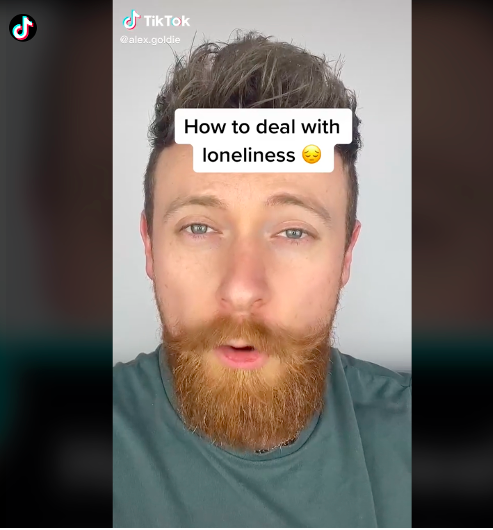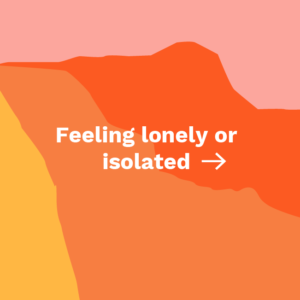
Social isolation and loneliness can happen to anyone. We’re social beings, so it’s completely natural to feel a sense of sadness if we are disconnected from others. Loneliness is natural symptom of this disconnect. It can make us feel distressed or anxious and affect our mental health.
There are a range of reasons why you might be feeling lonely or isolated - falling out with friends, moving cities or starting a new job. It’s important to speak out when you feel yourself becoming isolated from others, as long periods of loneliness can have negative impacts on both your mental and physical wellbeing.
Sometimes, social media doesn’t make it any easier. When everyone is posting things all the time, it’s easy to feel left out. Social media can exacerbate feelings of loneliness by setting the standard of socialisation way too high. Instagram, Snapchat and Facebook are all excellent apps that help us connect with friends, however, they can create an unhealthy expectation of constant interaction.
There are no textbook, sure-fire ways to combat feelings loneliness as it’s experienced differently by everyone.
Sometimes dealing with loneliness can be as easy as picking up the phone and calling up a close friend or family member. But other times it is not that easy. Our feelings of isolation and disconnect could be indicators of a mental illness. If you feel like loneliness is not something you can’t tackle by yourself, seek professional advice.
Change your perspective and uncover a way forward for you!
Here are some things that can help you with that.

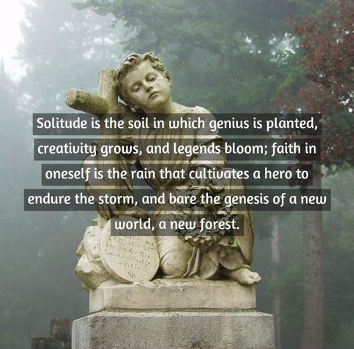

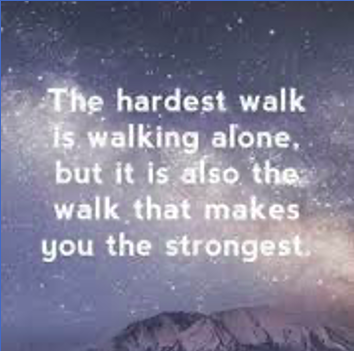
YouTube
Great
reads
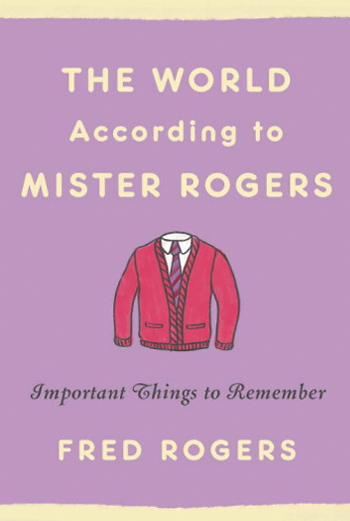
The World According to Mister Rogers by Fred Rodgers
Fred Rogers is an enduring presence and beloved American figure; his inspiring collection of stories, anecdotes and insights reminds us there is much more in life that unites us than divides us. This book is highly recommended for anyone feeling a little out of touch or left behind.
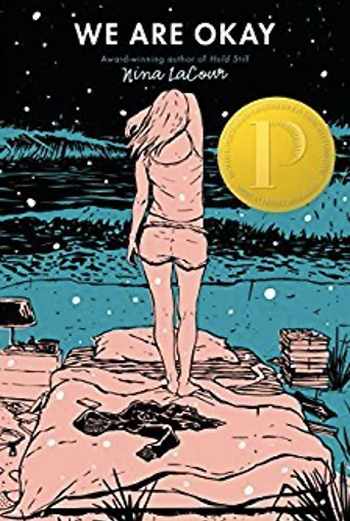
We Are Okay by Nina LaCour
We Are Okay centres around college student Marin as she attempts to move on from a tragedy she’s tried to outrun. Marin struggles through the transition into adulthood from her teenage years, and after returning home for the winter, is forced to confront her acute sense of loneliness and disconnect.
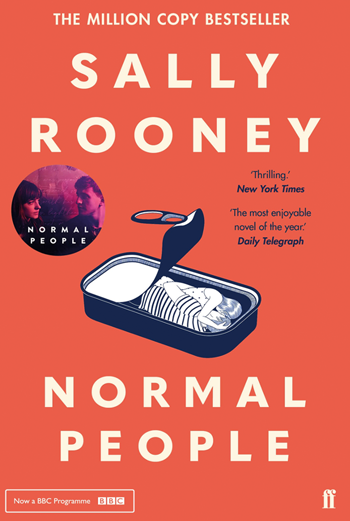
Normal People by Sally Rooney
Marianne and Connell are from completely different worlds, but both find common ground in their sense of restlessness and disconnect from the others. This story explores the electric draw of a first love and finding consolation in the unexpected.
Great
Films
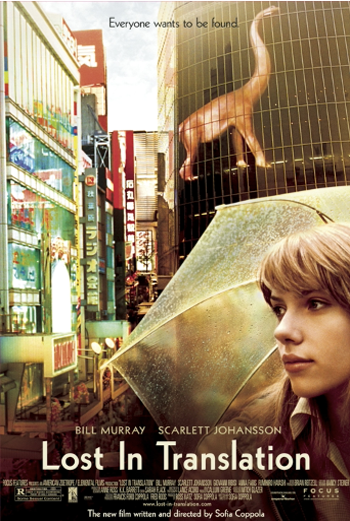
Lost in Translation
A neglected young woman and faded American actor, meet in Tokyo. They both feel lonely, alienated, and disconnected from themselves They characters experience a sort of ‘romantic melancholy’, finding solace in each other before having to depart.

Wild
One woman hikes alone for 1100 miles solo to recover from tragedy. Protagonist Cheryl Strayed is a recent divorcee, whose long adventure allows her to meet new people and rediscover her strength of self and passion for life on this lone journey.
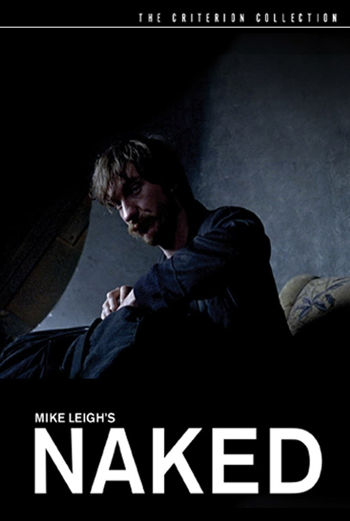
Naked
An unemployed Mancunian vents his rage on unsuspecting strangers as he embarks on a nocturnal London odyssey. This is a classic but be careful it is grim and there some hard-hitting scenes.
Podcasts
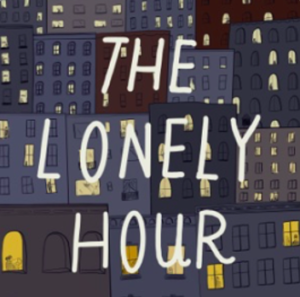
The Lonely Hour
Former editor and writer, Julia Bainbridge, discusses loneliness in the time of social disconnection. The show aims to “neutralise the taboo by treating loneliness as a part of the mixed bag of emotions involved in the human experience.”
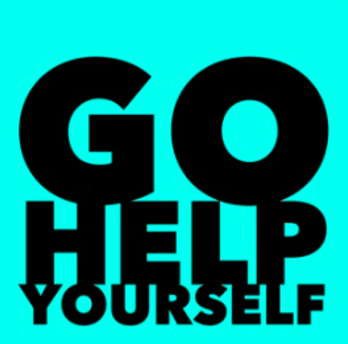
Go Help Yourself
Comedians Lisa Linke and Misty Stinnet review a self-help book each week, satirising generic and stereotypical advice. This podcast provides a unique and light-hearted take on mental health with plenty of laughs and heartfelt moments.
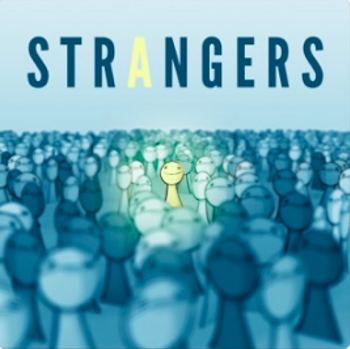
Strangers
Strangers, hosted by Lea Thau, explores true stories about the people we meet, the connections we make, the heartbreaks we suffer, and the kindnesses we encounter, redefining our perceptions of others and meaning of the word ‘stranger’.
What science says
The Australian Institute of Health and Welfare states that 1 in 2 Australians reported an episode of loneliness between 2001-2009. Furthermore, 1 in 10 Australians aged 15 or over report feeling as if they lacked social support. Feeling lonely and socially isolated is not a uncommon feeling, especially in the transitional period between adolescence and adulthood.
Psychology Today suggests that changing maladaptive thinking, though less well-known, is an efficient strategy in combatting unwanted feelings of loneliness. Lonely people are more likely to pay more attention to negative social information, life disagreement or criticism. This technique can be developed with help from mental health professionals or practicing forms of mindfulness.
Places to find more resources
Would you like to get inspired about your life?
Join a Highway session today.
If you would like to explore what’s going on for you today, then just jump on! You will be welcomed to a safe, warm, non-judgemental space where you can be yourself and uncover what is important to you. You have all the answers. Let us help you find your way.

Donate and inspire young people to a positive pathway in life.
Giving all young people the gift of being heard, connected and feeling empowered to follow their path to becoming the best versions of themselves.


